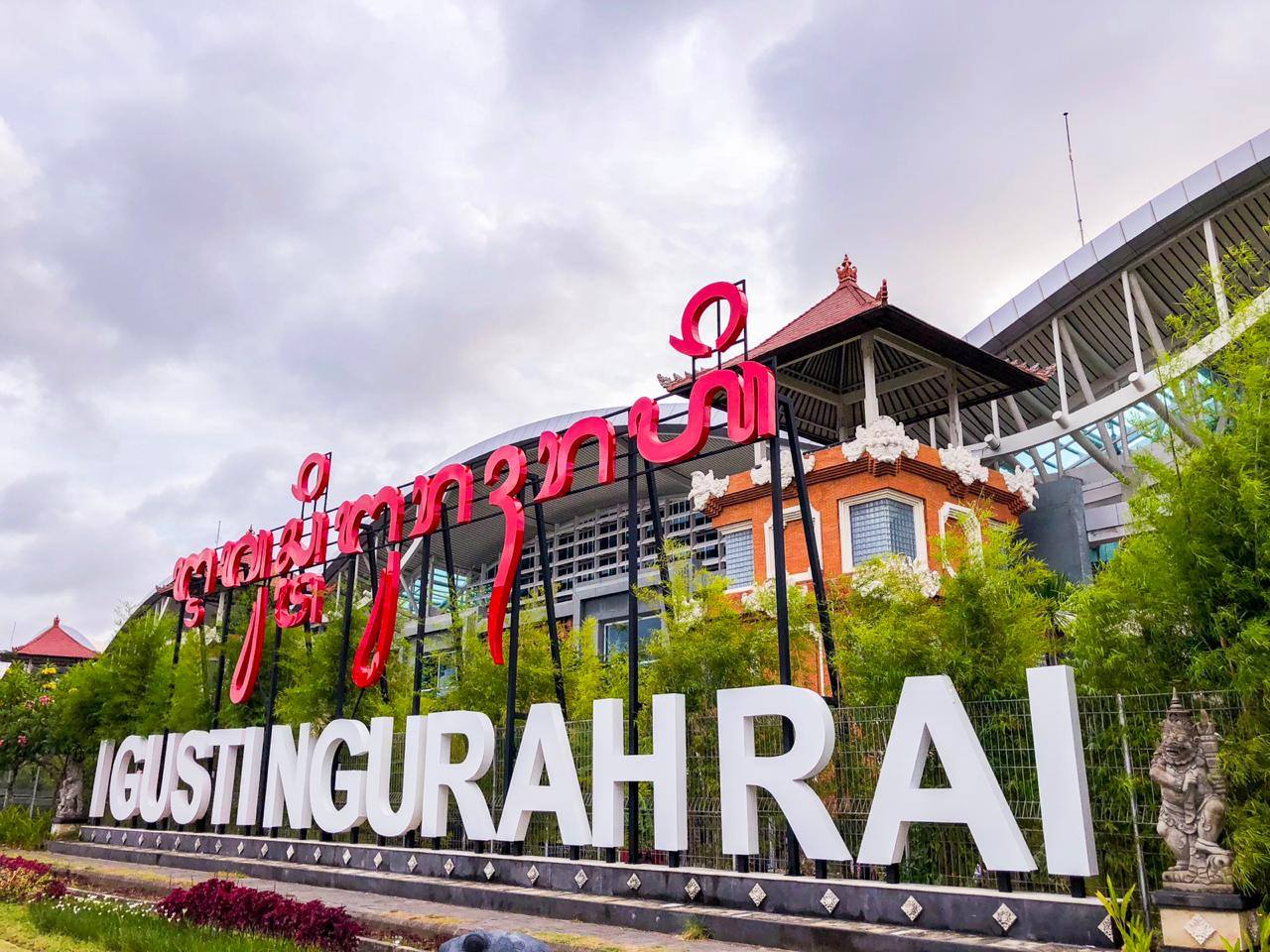At least 1,600 international visitors have arrived in Bali since the island reopened in earnest on Feb. 4, a senior minister said.
Coordinating Maritime Affairs and Investment Minister Luhut Pandjaitan, who oversees Indonesia’s COVID-19 handling, said in a press briefing recently that visitors from Russia and Australia dominated the number of new arrivals in Bali, followed by travelers from France, the US, and the Netherlands.
“Since Bali has reopened for foreign tourists, more than 1,600 foreign tourists have arrived as of Feb. 26,” Luhut said.
He added that half of the new arrivals decided to undergo the “bubble” quarantine system, in which they were allowed to use hotel facilities outside their rooms.
The news is a breath of fresh air for Bali, which has seen its tourism sector (the bread and butter of the island’s income) devastated since the pandemic started.
The I Gusti Ngurah Rai International Airpot has also been busy since February, having served a total of 387,574 passengers (domestic and international), up by 148 percent from the same period a year ago. A total of 3,098 international passengers (both departures and arrivals) were included in those numbers.
Other tourism destinations have also benefited from the gradual spike in Balinese tourism.
Around 1,000 foreign tourists flocked to Gili Matra, a small resort island in West Nusa Tenggara, three days before Nyepi (Day of Silence), according to Lalu Kusnawan, the chairman of the Gili Hotels Association. Bali island was shut down for 24 hours as locals observed the holy day, which fell yesterday.





Reader Interactions